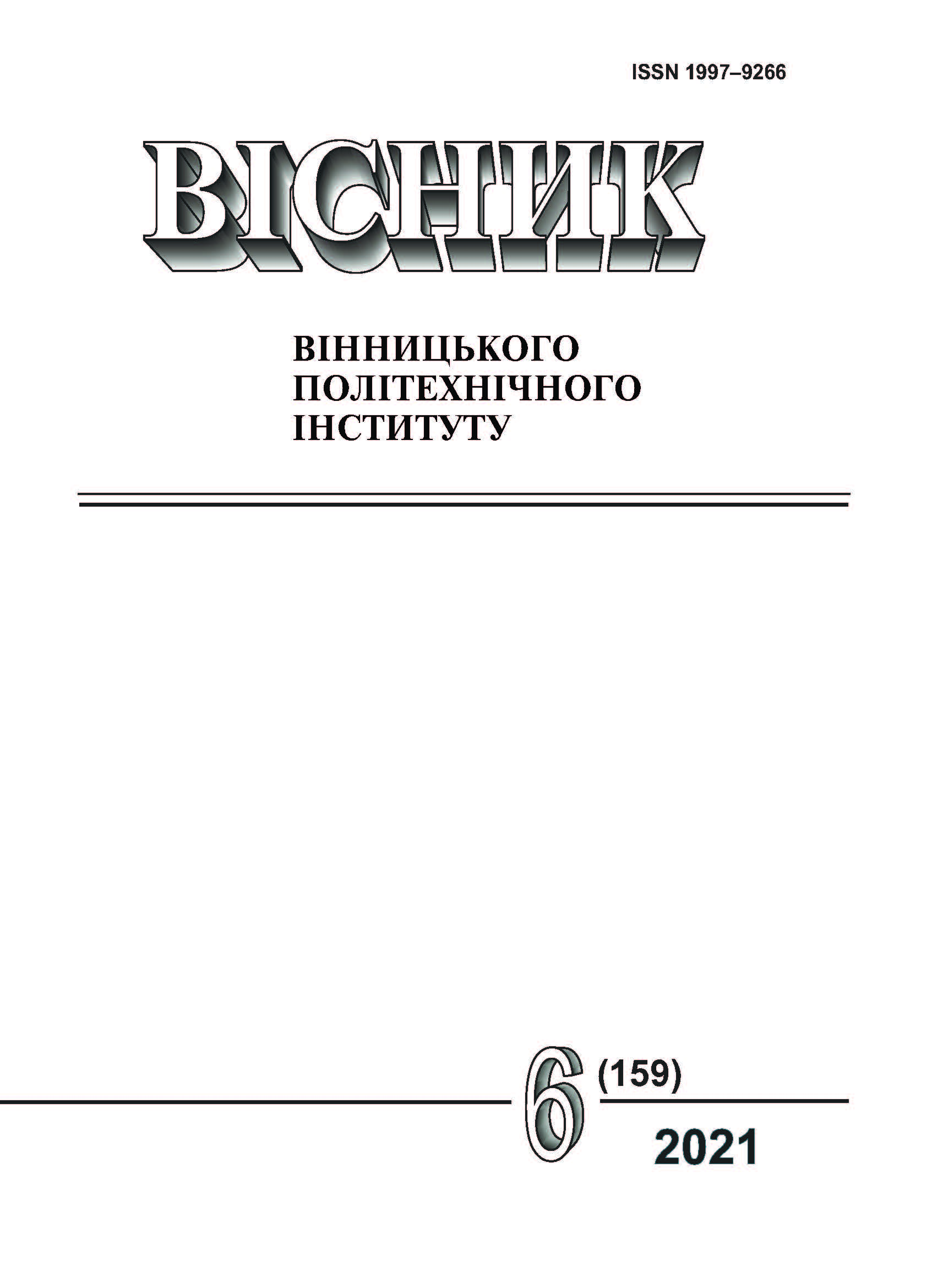Comprehensive Proctoring System in Information Technologies of Context Analysis in Knowledge Evaluation Systems
DOI:
https://doi.org/10.31649/1997-9266-2021-159-6-93-99Keywords:
artificial intelligence technologies, knowledge assessment systems, distance learning, proctoring, e-learning systems (LMS)Abstract
The article shows the need to control the learning process, namely the knowledge gained in the learning process, highlights the differences in the assessment of classroom and distance learning. Consider artificial intelligence technologies that can enhance the knowledge assessment process. The general concept of proctoring as an element of artificial intelligence is described and the existing platforms and projects that use proctoring technology in training are considered and the role of proctoring systems in these systems is analyzed.
The basic principles of construction of proctoring systems, their functions and features are considered. The types (synchronous, asynchronous, automatic) of proctoring systems are considered and the advantages and disadvantages of each of them are analyzed. A key set of elements of the proctoring system structure is highlighted, which must be taken into account when developing your own mathematical model or using existing system models.
The existing example of integration of the proctoring system on the example of the system of assessment and control of knowledge Stepik and the proctoring system ProctorEdu is analyzed. Consider integration options such as connecting the e-learning system to the knowledge assessment system and adding proctoring functions to the e-learning system, highlighting their advantages and disadvantages under certain conditions of integration.
The results of the research are given, namely the possibility of integrating the functionality of proctoring into information technologies of context analysis in knowledge assessment systems and the list of problems that in turn can be solved due to this integration. Also the basic modules which need to be considered for correct work of system are allocated.
The advantages and disadvantages of different types of proctoring are analyzed and the option for realization of mathematical model of proctoring is chosen, which will be one of the key components of information technologies of context analysis in knowledge assessment systems.
There has been presented the relevance of the development trend of proctoring systems and the tasks that can be solved when using them, the most important of which is the automation of educational processes and bringing the quality of control of their results to a higher level.
References
G. Monbiot, “In an age of robots, schools are teaching our children to be redundant,” The Guardian. 2017. [Online]. Available : https://www.theguardian.com/commentisfree/2017/feb/15/robots-schools-teaching-children-redundant-testing-learn-future (in English).
Л. Л. Філіпова, і А. А. Грушева, «Методика викладання навчальної дисципліни «Штучний інтелект,» Професійна освіта: методологія, теорія та технології, № 1, с. 181-191, 2015.
Ю. Красильникова, «Чего ждать от образовательных технологий в 2018 году,» HiTech., 2018. [Электронный ресурс]. Режим доступа: https://hightech.fm/2018/01/08/education_2018 .
A. Sharma, and B. Szostak, Adapting to Adaptive Learning. Chief Learning Officer, 2018. [Online]. Available: https://www.clomedia.com/2018/01/10/adapting-adaptive-learning/ (in English).
Е. Е. Лысенко, «Информационно-коммуникационные технологии обучения как средство повышения профессионального уровня будущих педагогов,» в Акмеология профессионального образования, материалы 14-й Международной научно-практической конференции. Екатеринбург, 2018, с. 371-374
P. F. Kubrushko, and L. I. Nazarova, “Professional development of technical university lecturers in field of innovation teaching,” in 2013 International Conference on Interactive Collaborative Learning, ICL 2013, pp. 467-469.
П. Ф. Кубрушко, Л. И. Назарова, и А. С. Симан, «Подготовка преподавателей к инновационной педагогической деятельности в условиях цифровизации аграрного образования,» Вестник ФГОУ ВПО «Московский государственный агроинженерный университет имени В. П. Горячкина,» № 5 (93), с. 40-45, 2019.
Т. П. Коваленок, «Исследование личностной зрелости студентов в контексте компетентностного подхода,» Международный научный журнал, № 4, с. 82-88, 2019.
ProctorEdu [Electronic resource]. Available: https://proctoredu.ru/ .
И. А. Ким, «Внеаудиторное жульничество: возможности выявления и минимизации,» Высшее образование сегодня, № 8, с. 49-53, 2018.
Н. Н. Скрыпникова, «Будущее образования: тотальный дистант или тотальный отказ от него?» Профессиональное образование и рынок труда, № 2 (41), с. 58-59, 2020.
Y. Palamarchuk, and O. Kovalenko, “Optimization of electronic test parameters in learning management systems,” CEUR Workshop Proceedings, 2nd International Workshop on Information-Communication Technologies and Embedded Systems, ICTES 2020, Virtual, Mykolaiv, 12 November 2020, vol. 2762, pp. 98-109, 2020.
Downloads
-
PDF (Українська)
Downloads: 271
Published
How to Cite
Issue
Section
License

This work is licensed under a Creative Commons Attribution 4.0 International License.
Authors who publish with this journal agree to the following terms:
- Authors retain copyright and grant the journal right of first publication.
- Authors are able to enter into separate, additional contractual arrangements for the non-exclusive distribution of the journal's published version of the work (e.g., post it to an institutional repository or publish it in a book), with an acknowledgment of its initial publication in this journal.
- Authors are permitted and encouraged to post their work online (e.g., in institutional repositories or on their website) prior to and during the submission process, as it can lead to productive exchanges, as well as earlier and greater citation of published work (See The Effect of Open Access).





